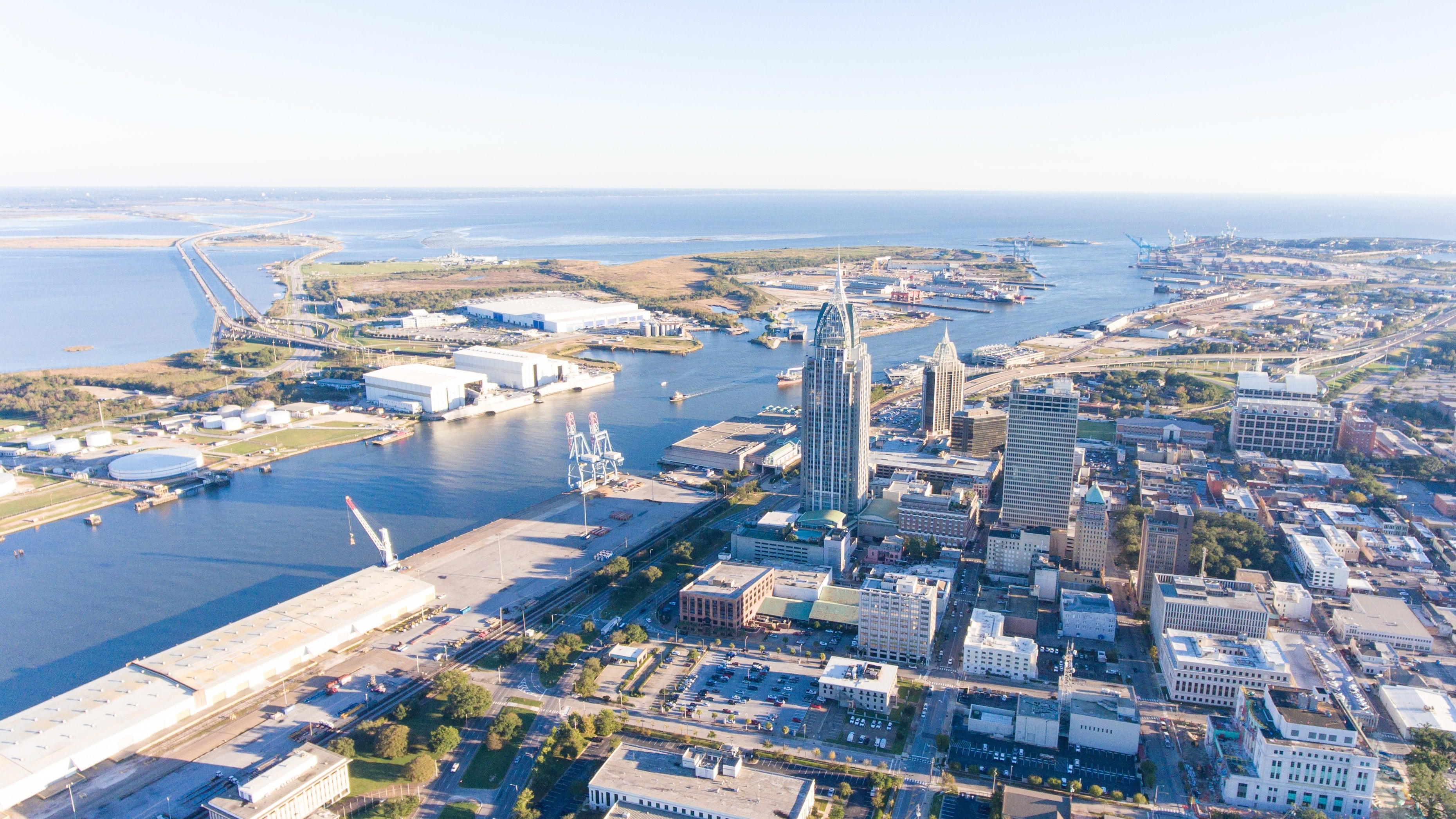While an escalating global trade war likely had an effect, the value of Alabama exports topped $21 billion in 2018.
The state had increased shipments of chemicals, paper products and aerospace parts to overseas markets according to figures from the U.S. Commerce Department.
State exports were hurt by ongoing U.S. trade disputes with China and other countries that are Alabama’s top export destinations. Exports to China were down nearly 15 percent, and foreign-bound shipments of motor vehicles, primary metals and agricultural products declined.
Overall, Alabama exports totaled $21.3 billion last year, which is down 2 percent from the $21.8 billion record set in 2017. figures indicate. Alabama goods and services were exported to 191 countries in 2018.
Greg Canfield is the Secretary of the Alabama Department of Commerce.
“While Alabama exports lagged a little last year, the $21.3 billion total is still impressive and signifies the importance of exporting as a key factor in Alabama’s economy,” said Secretary Canfield. “We’re continuing to see growth within segments of the transportation industry, our No. 1 export sector, with increased exports in the aerospace sector moving from Alabama to world markets.”
Economic Developer Nicole Jones told the Alabama Political Reporter, “Considering the myriad of global trade disputes that dominated worldwide news last year, it is impressive that Alabama maintained $21.3 billion in exports. Other countries demonstrated a continued need for made in Alabama products, especially in the industries of transportation as well as aerospace.”
“With global companies continuing to seek products made in Alabama, it is important that our state continues to stay on the forefront of issues that affect economic and foreign policy as well as international trade,” Nicole Jones said. “Organizations such as the Export Alabama Alliance, Alabama District Export Council, North Alabama International Trade Association, US Chamber of Commerce, and Birmingham Council on Foreign Relations disseminate information and therefore help economic development professionals make educated decisions to best serve the people of Alabama.”
Alabama’s exports have climbed 34 percent over the last decade.
Canfield said that he thinks that Governor Kay Ivey’s (R) ambitious plan to make improvements to the Port of Mobile will lead to more Alabama exports.
“Priming Alabama’s infrastructure for future export growth will put us in a position to help grow the state’s global presence and create jobs right here at home,” Canfield said. “Looking forward, the potential for greater export growth is there, and we are already exploring new and expanding markets for Alabama companies.”
State Representative Bill Poole, R-Tuscaloosa, is sponsoring Gov. Ivey’s infrastructure plan in the legislature.
Poole said that dredging the shipping channel for the Port of Mobile will allow the Port to handle more ships as well as the new larger container ships. Senator Richard Shelby (R-Alabama) and the Alabama delegation have created an opportunity to improve the Port of Mobile with the federal government picking up 75 percent of the cost.
The U.S. trade deficit soared to $621 billion, up $119 million (21 percent) from 2016. While part of that is due to tariffs imposed by foreign countries in response to the Trump administration’s trade policies; paradoxically much of that is also fueled by the booming U.S. economy. 4.9 million jobs have been created since January 1, 2017. That combined with higher wages means that Americans are spending more money, thus luring more goods here. The U.S. economy is growing faster than the rest of the developed world; thus both increasing jobs and leading to more imports.






















































